Do you wake up sneezing, coughing, or feeling stuffy? It might not just be allergies or a cold—it could be your mattress. Over time, mattresses can collect dust mites, pet dander, mold, and other things that trigger asthma and allergies.
The good news? A mattress protector can help. It creates a barrier between you and all that buildup hiding in your bed. That means cleaner air, fewer allergy flare-ups, and better sleep. Let’s talk about how a mattress protector can actually help you breathe easier and sleep better every night.
What Is a Mattress Protector?
A mattress protector is a removable cover designed to shield your mattress from spills, stains, and, importantly, allergens. Unlike mattress pads or toppers that add cushioning, protectors serve as a barrier against unwanted particles. They're typically made from materials like cotton, polyester, or specialized fabrics that are tightly woven to prevent allergens from passing through.
Common Allergens in the Bedroom

The bedroom can be home to various allergens that can trigger asthma attacks or allergic reactions. Here are the most common culprits:
- Dust Mites: These tiny creatures live in mattresses, bedding, and furniture, feeding on dead skin cells. Dust mites are one of the most common triggers for allergies and asthma.
- Pet Dander: If you have pets, their dander (tiny flakes of skin they shed) can collect in your mattress and pillows, causing allergic reactions.
- Mold: Moisture can build up in a mattress, especially if you live in a humid area, leading to mold growth. Mold can irritate the lungs and cause asthma symptoms.
- Pollen: Pollen from plants and trees can settle on your bedding and mattress, especially if windows are left open. This can be a major trigger for allergy sufferers.
How a Mattress Protector Helps Reduce Allergens

A mattress protector acts as a barrier between you and these allergens. Here’s how it works:
- Hypoallergenic Materials: Some mattress protectors are made with materials that naturally repel allergens. A hypoallergenic mattress protector blocks dust, pet dander, and other particles from settling in your mattress. If you're prone to allergies, choosing a hypoallergenic mattress protector is a good idea.
- Dust Mite Protection: A mattress protector that’s designed to be dust mite-resistant keeps these tiny allergens from penetrating the mattress. Dust mites can’t live on the surface of your mattress protector, so they can’t trigger your asthma or allergies.
- Waterproof and Breathable Design: Waterproof mattress protectors prevent moisture from seeping into your mattress, which helps stop the growth of mold. At the same time, many protectors are made from breathable fabrics, allowing air to flow while still keeping allergens at bay.
- Barrier Against Pet Dander and Pollen: If you're allergic to pet dander or pollen, a mattress protector can act as a shield, preventing these allergens from settling deep into your mattress fibers. This is especially helpful if you allow pets on your bed or live in an area with high pollen levels.
Benefits of Using a Mattress Protector for Asthma and Allergy Sufferers
Using a mattress protector offers several benefits for people dealing with asthma and allergies:
- Improved Air Quality: Mattress protectors reduce the number of allergens in your bed, which can help improve the air quality in your bedroom. Cleaner air means fewer allergens floating around to trigger your symptoms.
- Better Sleep Quality: When you’re not constantly waking up to itchy eyes or wheezing, you can finally get a good night’s rest. A mattress protector keeps allergens at bay, which leads to better sleep for asthma and allergy sufferers.
- Healthier Sleep Environment: With fewer allergens in your mattress, your overall sleep environment is cleaner and healthier. This can help reduce asthma and allergy flare-ups and promote better health.
- Protection for Your Mattress: In addition to reducing allergens, a mattress protector helps protect your mattress from stains, spills, and other damage. A mattress protector for bed hygiene also keeps your bed cleaner by blocking bacteria, sweat, and skin cells from soaking into your mattress. By keeping allergens and moisture out, a mattress protector can help extend the life of your mattress.
How to Maintain Your Mattress Protector for Maximum Effectiveness
To ensure your mattress protector continues to reduce allergens, it’s important to keep it clean. Here’s how:
- Wash your mattress protector regularly according to the manufacturer’s instructions. Most protectors can be machine-washed.
- If your protector is waterproof, make sure to dry it properly to maintain its effectiveness.
- Check for wear and tear. If your mattress protector becomes damaged, it may not provide the same level of protection.
Final Thoughts
If you suffer from asthma or allergies, investing in a best mattress protector is a simple yet effective way to create a healthier sleep environment. With the right mattress protector from Blissful Nights, you can reduce exposure to allergens like dust mites, pet dander, and mold, and improve your sleep quality. Remember to choose a protector that fits your needs and is easy to maintain, and you’ll enjoy better sleep and fewer allergy symptoms.
FAQs
Can a mattress protector really help with asthma and allergies?
Yes, mattress protectors block allergens like dust mites, mold, and pet dander, which can trigger asthma and allergy symptoms.
How often should I clean my mattress protector?
Wash your mattress protector every 1-2 months, or more often if needed, to keep allergens under control.
Is a waterproof mattress protector good for allergies?
Yes, waterproof protectors prevent moisture from entering the mattress, which helps reduce mold and bacteria growth, both of which can trigger allergies.
Can I use a mattress protector with a memory foam mattress?
Yes, memory foam mattresses are compatible with mattress protectors. Just ensure the protector is breathable to avoid trapping heat.
What’s the best material for a mattress protector if I have allergies?
Hypoallergenic materials like cotton, polyester, or bamboo are ideal for allergy sufferers. These materials are breathable and resist allergens.



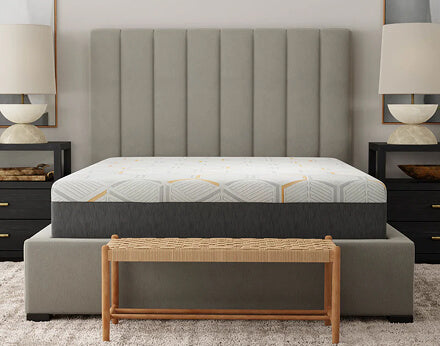
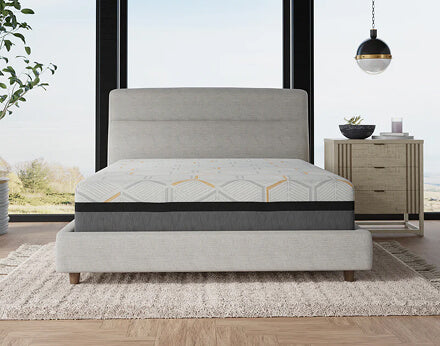

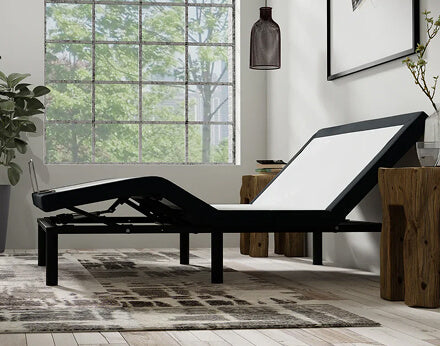
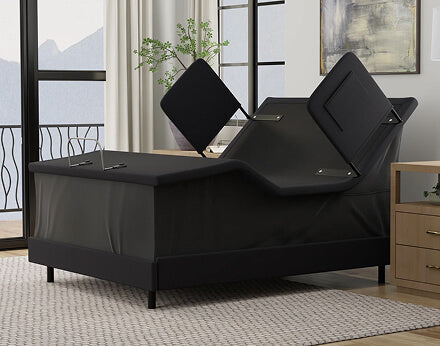
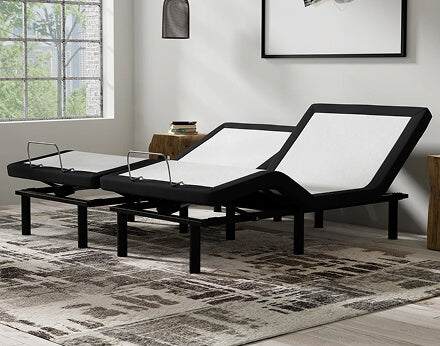


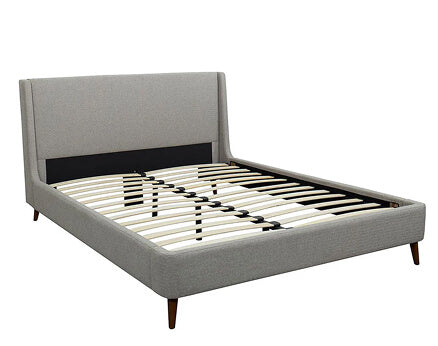
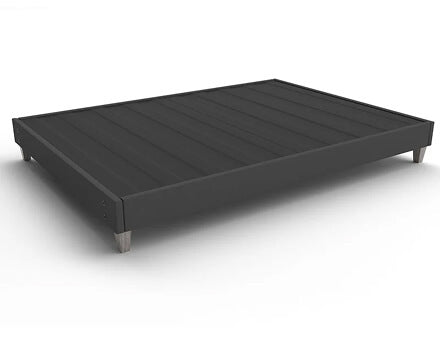
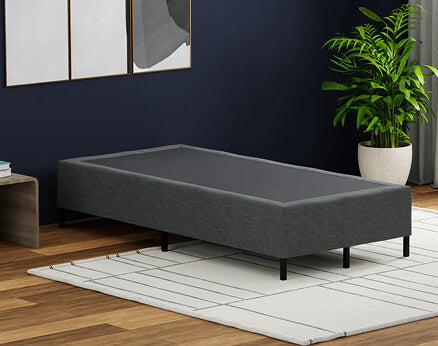
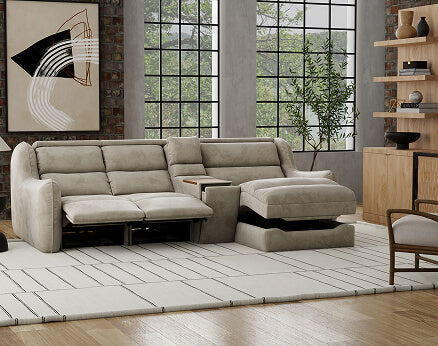

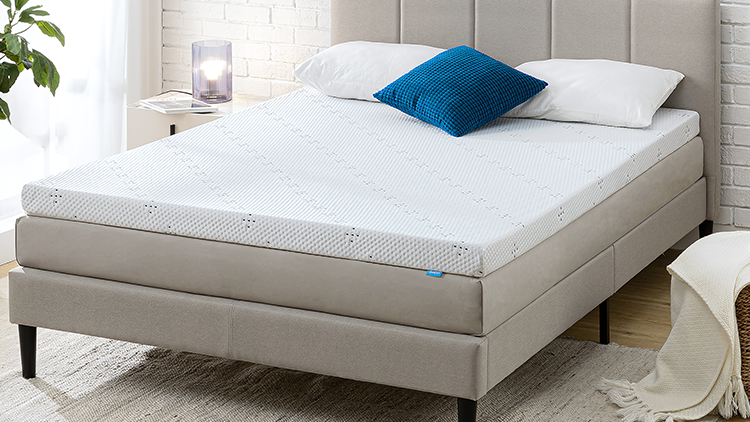
Leave a comment
This site is protected by hCaptcha and the hCaptcha Privacy Policy and Terms of Service apply.